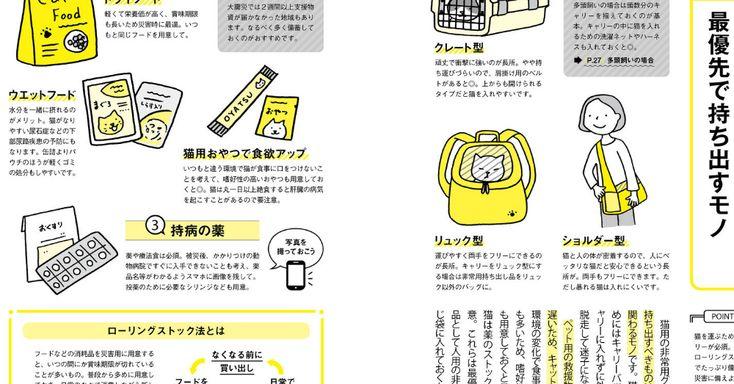Are you actually losing?Keep it on and dehumidify all the time ... 5 wrong power saving options for air conditioners
An air conditioner that is indispensable for surviving the hot summer. I think there are many people who are worried about their electricity bill because they spend more time at home this year. Some of the air conditioner power saving information is incorrect, presumed, and old information cannot be updated. This time, I would like to explain five information on air conditioner power saving that is easy to misunderstand.
*******
[1] Is the electricity bill cheaper if you leave it on?
I think many people have seen the theory that the electricity bill will be cheaper if the air conditioner is left on. I sometimes see comments on SNS etc. that it became cheaper if I actually left it on. Is this true?
I often hear the theory that it is better to leave the air conditioner on because it takes a lot of power the moment it is turned on. Certainly, air conditioners consume a large amount of power until the room temperature reaches the set temperature, and when the temperature approaches the set temperature, the power consumption is considerably reduced. In an environment where the room temperature rises sharply when the air conditioner is turned off, such as during the summer day, it will take extra power if it is turned on and off frequently.
On the contrary, if it is a cool time, it does not take much power even if you turn it on and off diligently. This is because the room temperature drops and the set temperature is close to the room temperature, so the power consumption at startup is reduced.
According to Daikin's experimental results
Dehumidifying operation is a function that you want to use when the room temperature is low but the humidity is high, such as during the rainy season or when there is a lot of condensation in winter. If you want to keep the room at a comfortable temperature and humidity in the hot summer, use air conditioning. When considering power saving, it is best to keep the set temperature for cooling operation modest.
[4] No maintenance required if "with cleaning function"?
Recently, the number of air conditioners with a cleaning function is increasing, but cleaning is not necessary because it automatically cleans. It is necessary to clean the dust box that collects dust and to clean the dirt that has not been removed regularly. If you are using an air conditioner with a cleaning function, check the instruction manual for how to clean it.
Depending on the frequency of use, it is advisable to ask a contractor to clean the inside of the air conditioner once every few years. There are also commercially available cleaning sprays, but they may not be able to completely remove the dirt and may get stuck in the back, or the drain hose may get clogged and cause water leakage. It costs money, but if you want to clean the inside, it is safer to ask a professional contractor.

What I want to do on a daily basis is cleaning the filter. Remove the filter, vacuum the dust, wash it with water, and dry it well before installing it. If it's not very dirty, it's enough to vacuum the dust. Do it once every two weeks during the season. If the filter is clogged, extra power will be required, so just cleaning it will save 860 yen a year (*).

[5] Will replacement by purchase save tens of thousands of yen a year?
There is an image that the electricity bill will be considerably cheaper if you replace the old air conditioner. If the electricity bill is cheaper by tens of thousands of yen a year, isn't it better to buy a new one? I think there are many people who get lost.
Then, I tried to find out how much the air conditioner of 10 years ago and 20 years ago can be saved by comparing it with the latest one, using the air conditioner of 2.8kW (8-12 tatami mats) as an example.
Estimated annual electricity rate
2021 24,571 yen
2011 24,430 yen
2001 33,780 yen
* Average value for all models with a cooling capacity of 2.8kW (8-12 tatami mats)
Reference: Energy-saving product information site "Energy-saving product catalog"
When it comes to products 20 years ago, there is a difference of 9,209 yen per year, but to my surprise, the results are almost the same (rather expensive) as the products 10 years ago. In short, energy-saving performance has bottomed out considerably in the last 10 years or so. By the way, the standard electricity rate for this year is the electricity rate when both air conditioning and heating are used. Considering that it costs more than twice as much electricity to use for heating when using air conditioning, the electricity cost for using only air conditioning is much less than the above amount.
According to the Cabinet Office Consumption Trend Survey (results of the survey conducted in March, 3rd year of Reiwa), the average service life of room air conditioners is 13.2 years. If you have been using an air conditioner for more than 20 years, you should buy a new one without hesitation, but if it is within the average service life, it seems that the replacement will not significantly reduce your electricity bill.
However, in recent years, many air conditioners equipped with more comfortable and energy-saving functions such as AI (artificial intelligence) and various sensors have appeared, so there are some parts that cannot be compared with the electricity bill only from the catalog value. Considering the balance between functionality and energy saving, you should consider replacing it with a new one.
*******
Many people are concerned about the electricity bill for air conditioning, but unless you do extreme things such as using an air conditioner that is decades old or lowering the set temperature abnormally, it will not cost you surprisingly. It is a bigger risk to endure the heat and get heat stroke. Please keep the air conditioner in a proper power saving and spend the summer well and comfortably.
* Source: Agency for Natural Resources and Energy "Reasonable energy saving"
[This article was jointly planned by the Yahoo! News personal editorial department and the author regarding the content, and was written by the author]

